An Interview With Bishop Mario Toso on The Encyclical Laudato Si’

Bishop Toso, you are the current Bishop of Faenza-Modigliana, but from 2003 to 2009 you were Rector of the Pontifical Salesian University, and from 2009 to just a few months ago you were Secretary of the Pontifical Council for Justice and Peace. It was precisely this dicastery that worked on the first drafts of this Magisterial document. Thanks to all this, you are in a unique position to discuss an encyclical characterized as “ecological” by a wide variety of people…
Bishop Mario Toso: Yes, but to understand this definition, we need to realize the way that the environmental crisis figures prominently into social issues. This environmental crisis is complex, and we shouldn’t detach its ecological aspects from other relevant problems which concern, more appropriately, human ecology. In essence, this encyclical, while emphasizing that preserving the environment is a key to managing social matters, also highlights that there is an urgent need to care for humanity itself. In other words, we find ourselves facing a global environmental problem that requires a total ecology as a solution…
Please explain for us how that “total ecology” plays out in a concrete way…

Some feel that this encyclical has a substantial “Peronista” slant to it: it is true that Francis was raised in that kind of atmosphere. But others think that large parts of it seem to be a sort of manifesto for the Universal Ecology Party (with not small differences, to be sure)… In any case, it seems to refer more to the outer than to the inner…
Toso: For all practical purposes, the encyclical as it was presented to us earlier today, has a very different feel to it, when comparing it to its first draft, which foresaw a long introduction that was theological, liturgical, sacramental and spiritual… If that part had remained, the encyclical would have been addressed more directly to the Catholic world. Instead, Pope Francis preferred changing the setup: he moved the theological parts to the middle and the end, along with the spiritual and educational sections. In this way, he “restructured” the material he had available, following a layout method of analysis and discernment: this entailed consideration of the situation, an evaluation of it, and the prefiguring of practical recommendations for seeking solutions to any and all problems. In doing this, his desire was to involve as many readers as possible, even non-believers, in a manner of reasoning that is largely able to be shared by all.
Why did Pope Francis want this shift to be made? It surely isn’t a small one…
Toso: The Pope’s goal, which is clear from the first sentences of the encyclical, is that of promoting a global ecological movement for the universal care of our common home.
Can’t we say that this is already contained in the Church’s social doctrine?
Toso: Pope Francis took his inspiration partly from the methodology employed by John XXIII in the encyclical Pacem in terris…
There is a difference between the two that is not irrelevant: John XXIII was writing to “all men of good will” while Francis extends the number of those invited to read the encyclical to “every person who inhabits this planet”…
Toso: The Pope wants to set in motion a process of transformation of the cultures of all peoples, along with their institutions: this is a process that involves all people, regardless of the shades of their convictions. In the first part of the encyclical, the pontiff favors a rational approach, without, however, excluding the light of faith. It is good to restate this: for Pope Francis, the solution to the ecological crisis derives from both the contribution of believers and that of non-believers, from science and from religion. Solutions do not come from one unique way of interpreting and transforming reality.
In taking this approach, isn’t there a risk of losing touch with the theological base that is so necessary for lighting the right path to be taken?
Toso: No: the adoption of this method doesn’t exclude a theological focus, which remains present throughout, albeit not at the forefront, just as would be required in any essentially theological encyclical.
There are sections in which one might get the impression, as diverse critics (mainly from the United States) have mentioned, that the Pope is trying to teach scientists their own job…

However, there are a great many scientific themes, and just as many suggestions, in this encyclical… It is enough to mention one of the most clamorous and controversial ones, the one tied to the claim of global warming…
Toso: Allow me to insist: Pope Francis does not intend to reaffirm all the scientific studies and contemporary debates on these subjects, but rather he wants to reflect on the anthropological and ethical matters that they imply. The Church is not an expert on the technical and scientific levels, but the Church is an expert when it comes to the anthropological and ethical dimension of scientific phenomenology.
In certain passages, the encyclical seems to have been written by someone who is sensitive towards pantheism: for example, in one passage it is stated: “The ultimate purpose of other creatures is not to be found in us. Rather, all creatures are moving forward with us and through us towards a common goal, which is God”…
Toso: But there are other passages in which Pope Francis latches on fully to the teachings of Benedict XVI’s Caritas in Veritate, adopting the interpretation given in that great encyclical on the relationship between man and nature. As does Benedict, Pope Francis makes the point that man cannot be placed on a level of equal dignity with other creatures. In Creation man has a pre-eminence over other beings, which must be recognized. But pre-eminence doesn’t mean despotic predominance, which — as our era demonstrates — ends up wreaking serious havoc on the whole of humanity.
Six parts of the last chapter are dedicated to “ecological conversion.” What does this consist of?
Toso: “Ecological conversion” is an expression that is used in the context of a global approach to ecological matters. To be sure, such an expression has the potential to mislead, but one mustn’t get too preoccupied with single words or single expressions, whatever the context…
But a pontiff’s magisterial word shouldn’t be subject to misinterpretation…
Toso: The expression “ecological conversion” cannot be taken out of context. It presupposes that a person has had a preceding and precise religious conversion to God. Only after that conversion do all the consequences emerge of the encounter with Jesus, in one’s relationship with the world, and only then can one be able to speak of “ecological conversion.”
In this 200-page encyclical, the concept of an integral ecology is widely discussed, but in reality there are only a few pages devoted to the right to life, the family and education, compared to other anthropological themes. For example, Benedict XVI said, in his December 2012 speech to the Roman Curia, that the greatest hidden danger for the Church was gender ideology. This is not even mentioned by name, and is spoken of in a very indirect manner, only in the middle of section 155…
Toso: It is true that the encyclical only hints at the themes you mentioned. More attention could have been paid in this area. But it was already so long… However, there is plenty of evidence that this pontiff clearly feels that environmental ethics are tightly intertwined with social ethics, and ethics of life and the family.
The encyclical dedicates ample space to the characteristics of urban life. This is a novelty…
Toso: With a theme like integral ecology, it was practically mandatory to underline the importance of the interrelation between urban and rural spheres, and human behavior. Clearly, when new cities are built, not enough commitment goes into planning buildings and neighborhoods. It isn’t enough to focus on the beauty of a building or urban area, without giving importance to the quality of life of the people who will live there, the harmony they will have with their environment, their interaction and mutual aid.

Toso: It is true that this encyclical confirms the pre-eminent attention that this pontiff places on the lowliest people in society, on the poor. He launches a cry of alarm starting from the poorest members of society, since they are the ones who suffer before anyone else, and in a more serious way, if the environment keeps deteriorating. This particular focus of his on the lowliest on the earth gives us a new prospective. It stimulates us to look at the environment in a new way, different than what we have been used to: we shouldn’t consider only technical, economic and scientific aspects, but rather we should give precedence to aspects related to the dignity of human life and the quality of human existence.
In conclusion: in the encyclical there are many affirmations or proposals that are sure to be topics for heated discussion. Here is one example: in section 193, the Pope states that “we know how unsustainable is the behavior of those who constantly consume and destroy, while others are not yet able to live in a way worthy of their human dignity. That is why the time has come to accept decreased growth in some parts of the world, in order to provide resources for other places to experience healthy growth”…
Toso: Here we have considerations that are clear and courageous at the same time. In this case, too, the pontiff is not championing pauperistic lifestyles or senseless proposals for decreasing growth that scorn scientific progress and the necessity for technical and economic development. Rather, he invites us to steer clear of the type of growth that benefits only a fraction of society’s members, and rather to see economic growth as something that goes hand-in-hand with social progress for everybody. These perspectives are more readily understood by those who believe in the common good and the universal distribution of goods, as well as universal brotherhood. In order for there to be economic freedom from which everyone can benefit, Pope Francis notes that it may sometimes be necessary to place limits on those who hold the most resources and financial power. In the past, this was carried out by reforming the landholding system. There is no reason why, today, something similar might not be done in reference to the indiscriminate and unlimited use of non-renewable resources.

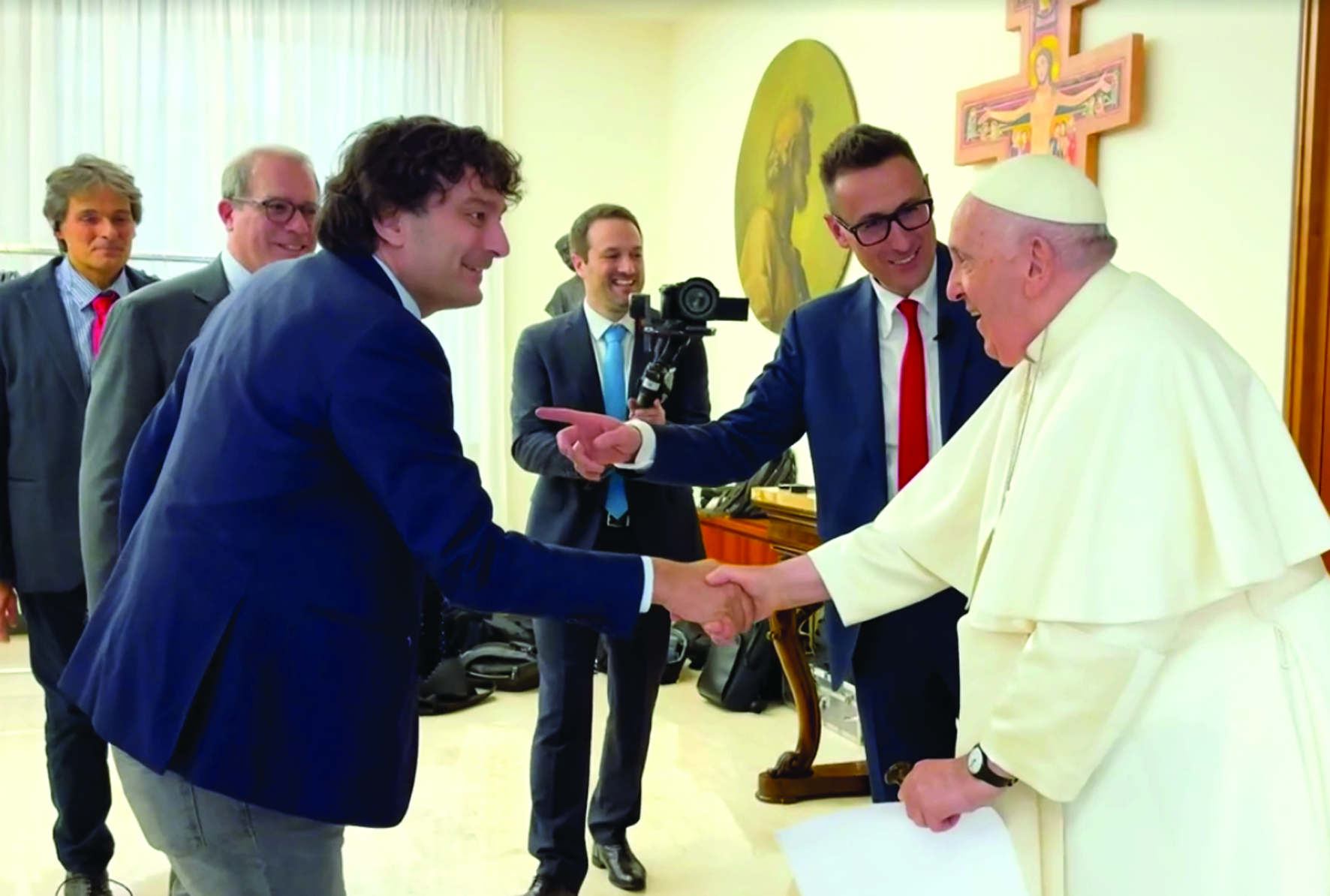
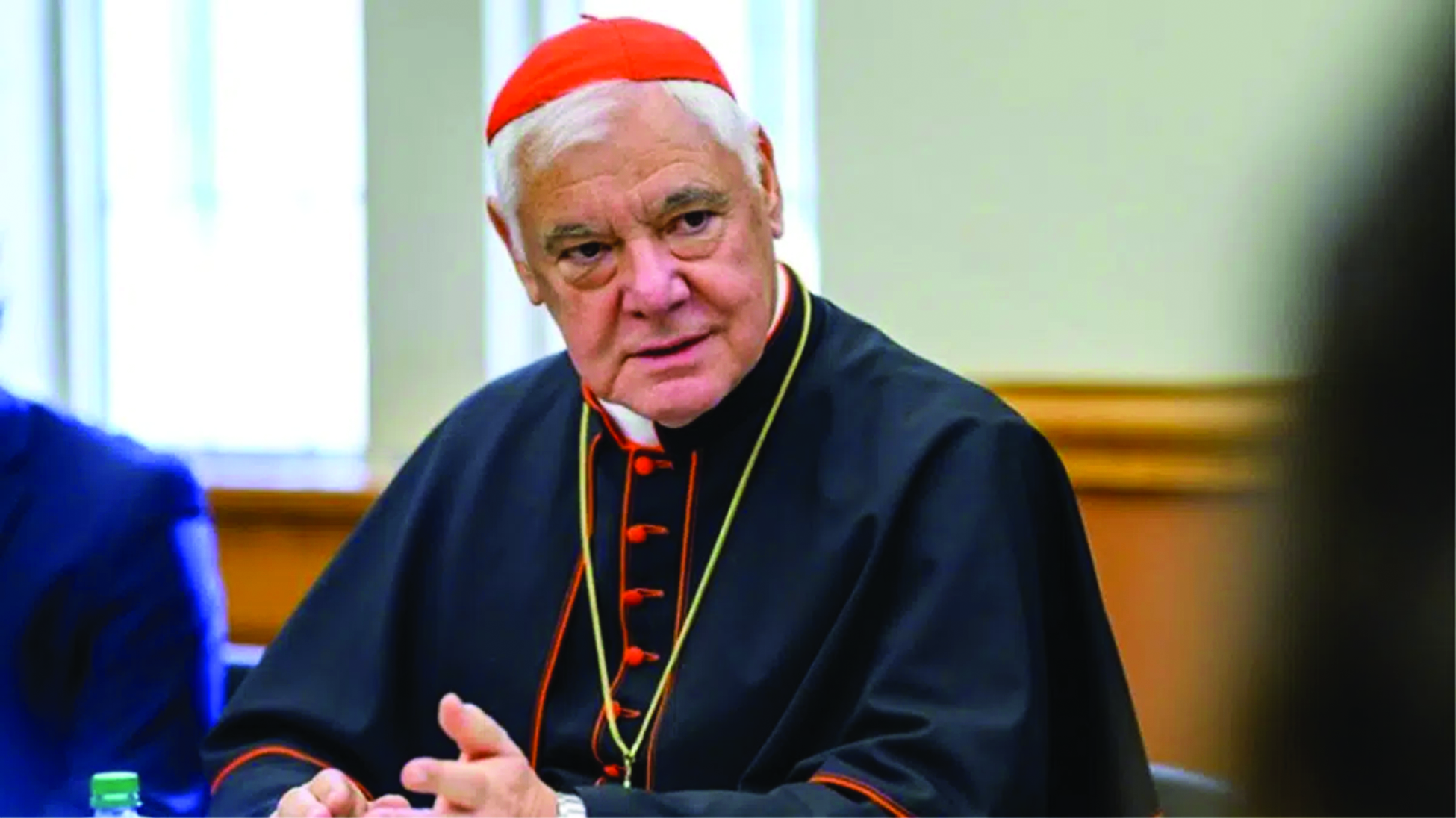
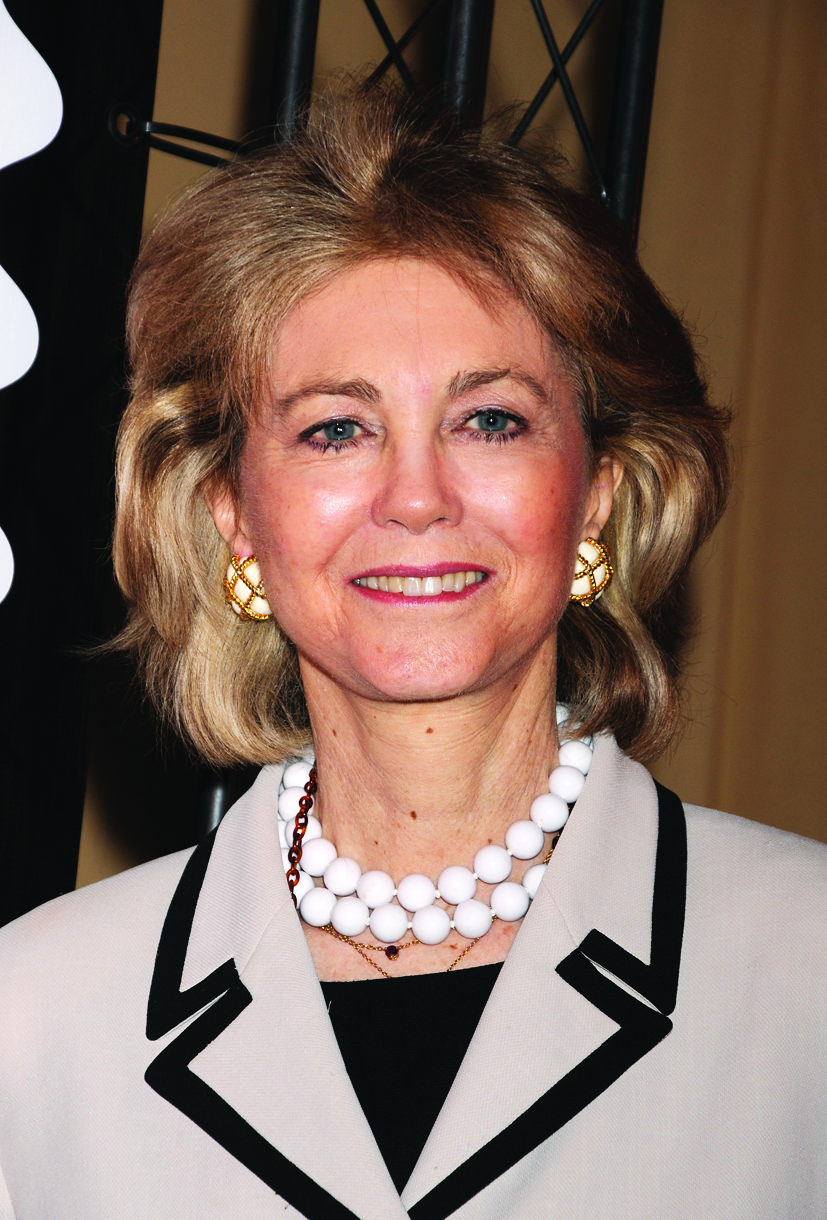
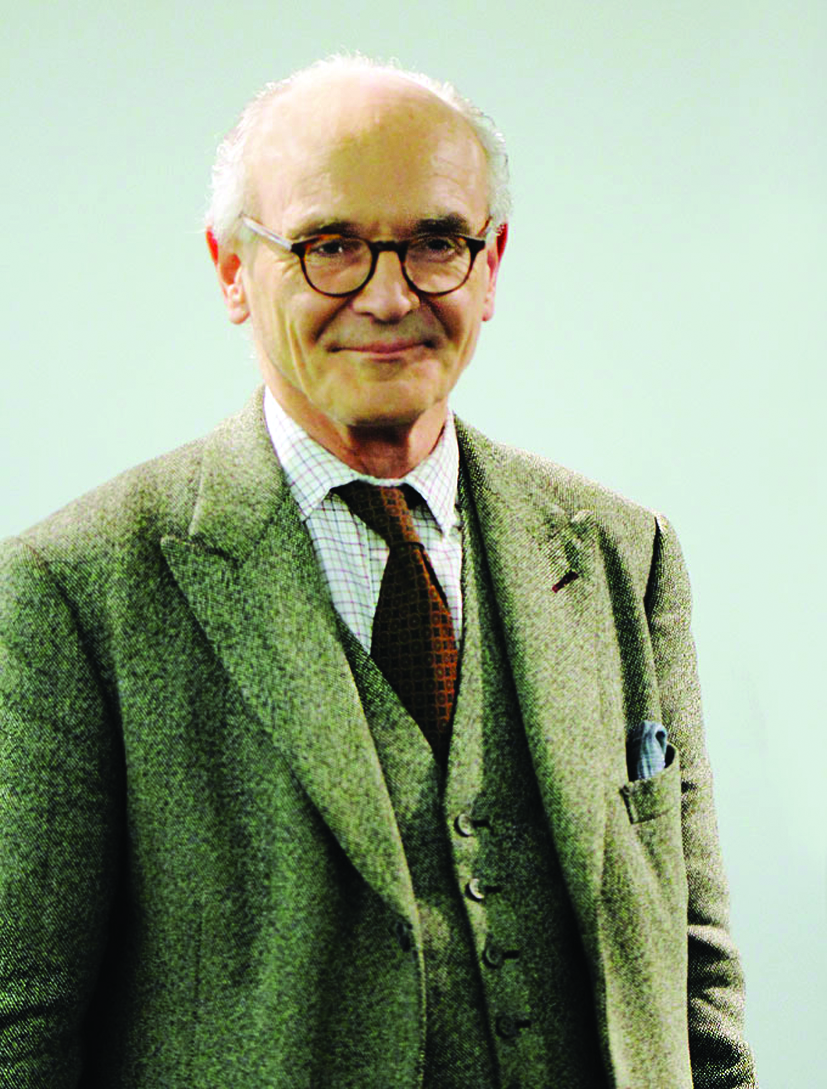
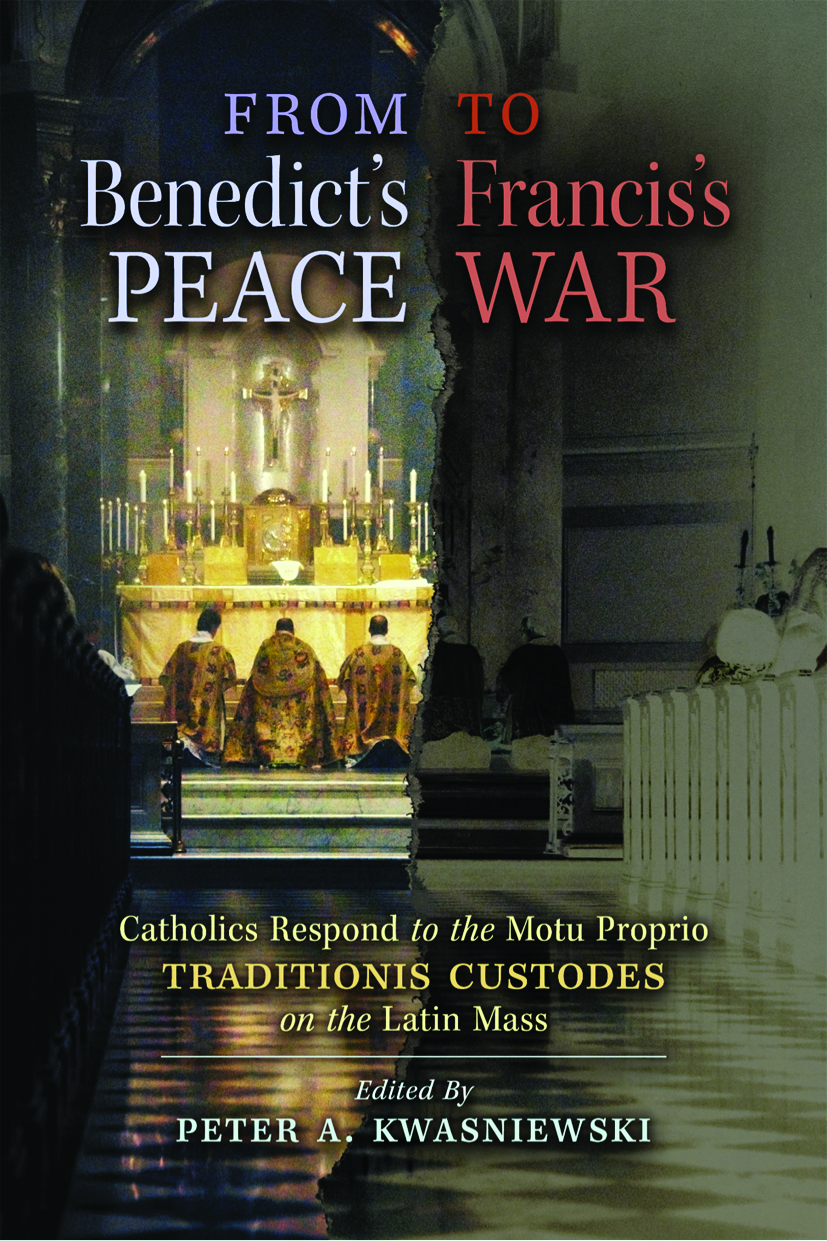
Facebook Comments